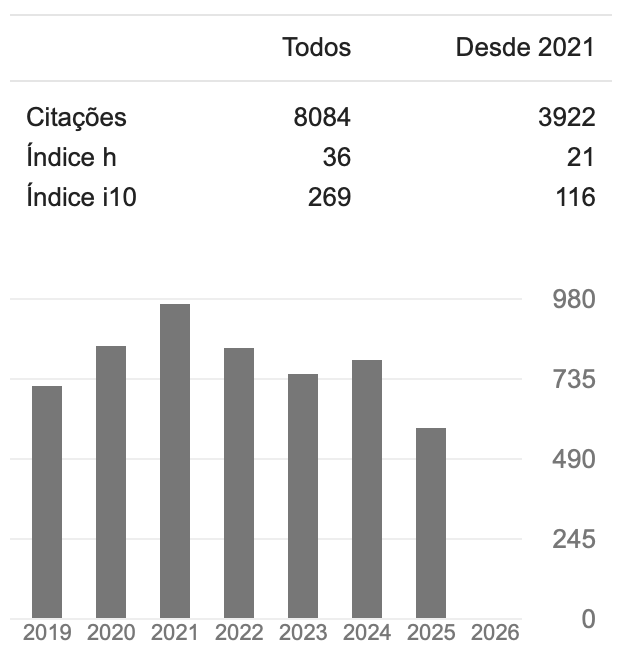Intestine Bacteria and Obesity
Keywords:
Obesity, Intestine Bacteria, Firmicutes, Bacteroidetes.Abstract
Obesity is a non-transmissible chronic disease on the increase worldwide. Environmental factors are involved in current prevalence of obesity since the genetic heritage of the human species has not undergone such significant changes during a short period of time. Several studies have shown that the development of obesity in humans may have been affected by relative proportions of two main bacteria phyla in human intestine flora, namely, Bacteroidetes and Firmicutes. This suggests that the metabolic activities of these intestine microbiotics provide the extraction and the storing of ingested calories. Due to the importance of such knowledge for the better understanding of factors that may lead to obesity and consequently for its prevention and treatment, current investigation provides the main results of research which discuss the involvement of bacteria in obesity.Downloads
Download data is not yet available.
Downloads
Published
2010-05-04
How to Cite
Pistelli, G. C., & Mareze-da-Costa, C. E. (2010). Intestine Bacteria and Obesity. Saúde E Pesquisa, 3(1). Retrieved from https://periodicos.unicesumar.edu.br/index.php/saudpesq/article/view/1412
Issue
Section
Artigos de Revisão
License
A submissão de originais para a revista Saúde e Pesquisa implica na transferência da Carta Concessão de Direitos Autorais, pelos autores, dos direitos de publicação digital para a revista após serem informados do aceite de publicação.A Secretaria Editorial irá fornecer da um modelo de Carta de Concessão de Direitos Autorais, indicando o cumprimento integral de princípios éticos e legislação específica. Os direitos autorais dos artigos publicados nesta revista são de direito do autor, com direitos da revista sobre a primeira publicação. Os autores somente poderão utilizar os mesmos resultados em outras publicações, indicando claramente a revista Saúde e Pesquisa como o meio da publicação original. Em virtude de tratar-se de um periódico de acesso aberto, é permitido o uso gratuito dos artigos, principalmente em aplicações educacionais e científicas, desde que citada a fonte. A Saúde e Pesquisa adota a licença Creative Commons Attribution 4.0 International.
A revista se reserva o direito de efetuar, nos originais, alterações de ordem normativa, ortográfica e gramatical, com vistas a manter o padrão culto da língua e a credibilidade do veículo. Respeitará, no entanto, o estilo de escrever dos autores. Alterações, correções ou sugestões de ordem conceitual serão encaminhadas aos autores, quando necessário. Nesses casos, os artigos, depois de adequados, deverão ser submetidos a nova apreciação. As opiniões emitidas pelos autores dos artigos são de sua exclusiva responsabilidade.













